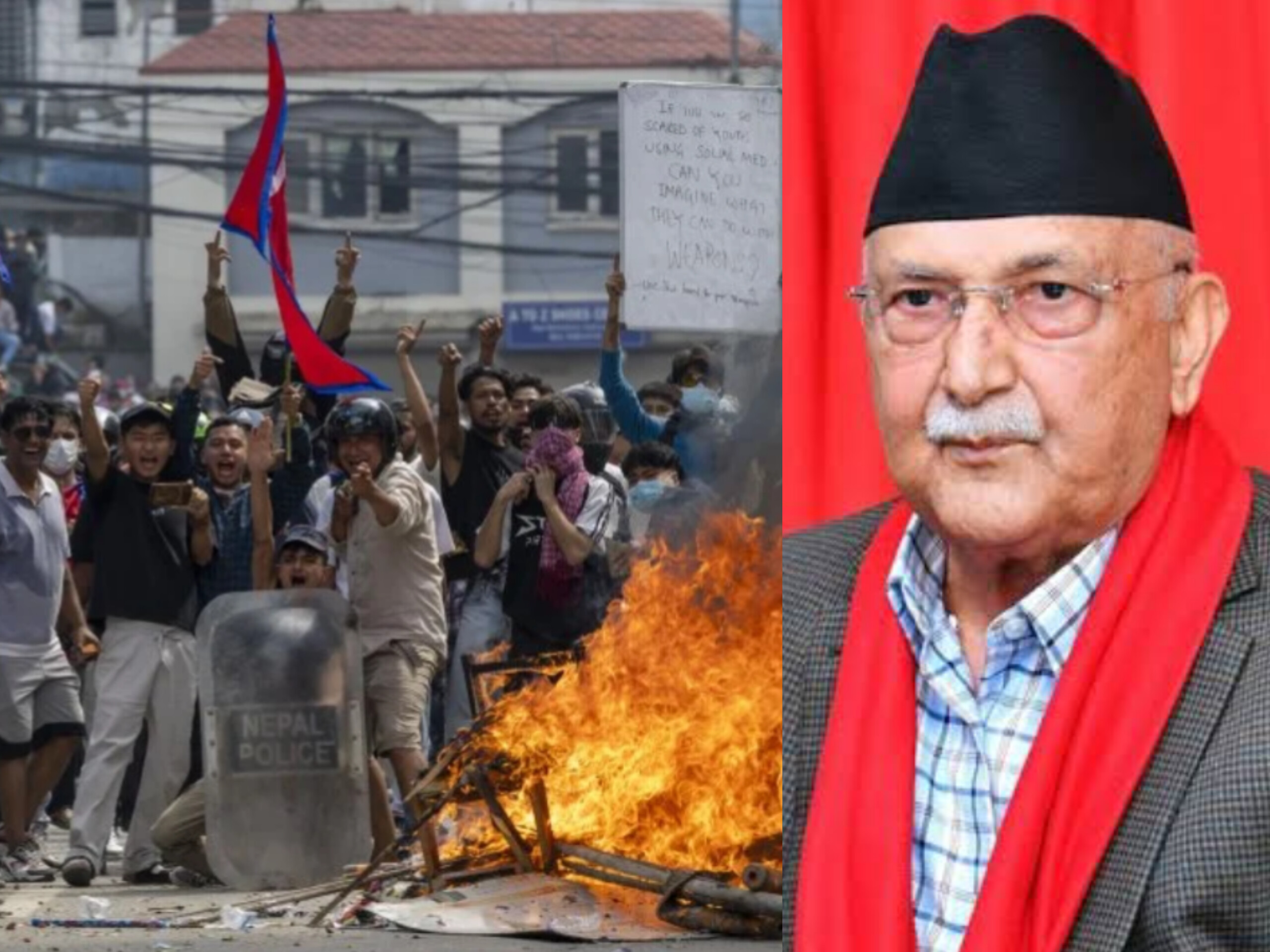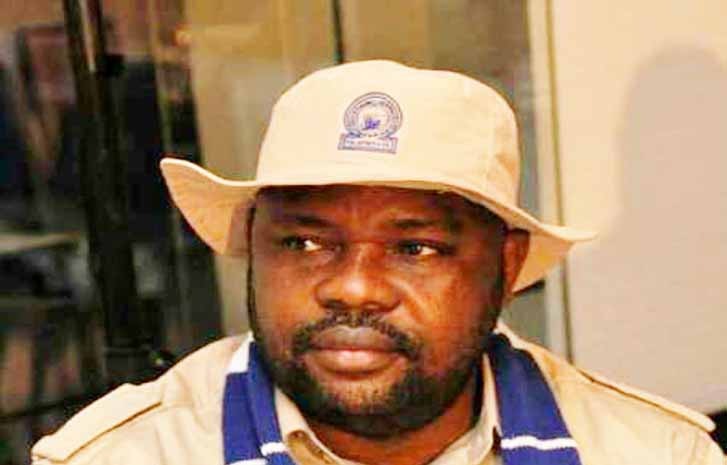The Nigeria Union of Petroleum and Natural Gas Workers (NUPENG) on Monday halted fuel loading operations at depots across the country, intensifying its dispute with the Dangote Petroleum Refinery over alleged restrictions on workers’ unionisation.
The move came as marathon talks convened by the federal government to resolve the standoff dragged late into the night without an agreement. The reconciliation meeting, hosted by the Ministry of Labour in Abuja, brought together NUPENG executives, representatives of the Nigeria Labour Congress, the Trade Union Congress, and officials of Dangote Group and MRS Petroleum.
The session, co-chaired by Labour Minister Muhammed Dingyadi and Minister of State Nkeiru Onyejeocha, began hours behind schedule due to the late arrival of union leaders. Although a draft memorandum of understanding was presented for adoption, sources said disagreements over key resolutions stalled progress as of 10:15 pm.
Meanwhile, NUPENG enforced full compliance with its strike directive. Petroleum tanker drivers parked their trucks at depots in Lagos, Warri, and other locations, while filling stations in Sokoto and several states were shut. Eyewitnesses reported barricades on major roads, raising fears of looming fuel scarcity.
NUPENG President Williams Akporeha confirmed the action was nationwide, saying members had rejected alleged attempts by Dangote to bar newly recruited tanker drivers from joining the union. Some union members also accused Dangote and MRS of moves to replace them with fresh recruits.
The strike disrupted operations at facilities including the Aradel refinery in Port Harcourt and the Kwale Hydrocarbon plant in Delta State. Depots belonging to companies such as RainOil, Shell+, First Royal, and Matrix also shut down.
In Sokoto, residents expressed concern over rising transport fares after stations were locked. “If this continues, transport fares will go up, and it will affect everybody,” a tricycle operator told reporters.
The crisis has drawn solidarity from other industry unions. The Petroleum and Natural Gas Senior Staff Association of Nigeria (PENGASSAN) warned it could shut refinery operations if workers’ union rights were not recognised. “All diplomatic efforts have failed,” said General Secretary Lumumba Okugbawa, stressing that unionisation is a fundamental labour right.
The Natural Oil and Gas Suppliers Association of Nigeria (NOGASA), the Petroleum Products Retail Outlet Owners Association of Nigeria (PETROAN), and the Nigerian Association of Road Transport Owners (NARTO) also threatened to withdraw services if no resolution is reached.
NOGASA President Bennett Korie directed members supplying fuel to telecoms, hotels, and construction firms to halt deliveries from Tuesday. PETROAN President Billy Gillis-Harry also instructed members to suspend sales if the strike persists.
However, the Depot and Petroleum Products Marketers Association of Nigeria (DAPPMAN) called for calm. Its Executive Secretary, Olufemi Adewole, urged all parties to urgently resolve the crisis, warning that prolonged disruption could destabilise the nation’s fuel supply chain.

 BIG STORY4 days ago
BIG STORY4 days ago
 BIG STORY3 days ago
BIG STORY3 days ago
 BIG STORY21 hours ago
BIG STORY21 hours ago
 BIG STORY3 days ago
BIG STORY3 days ago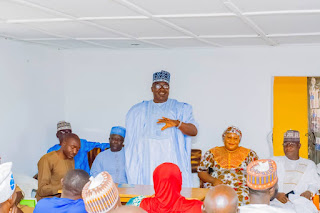
 BIG STORY3 days ago
BIG STORY3 days ago
 BIG STORY5 hours ago
BIG STORY5 hours ago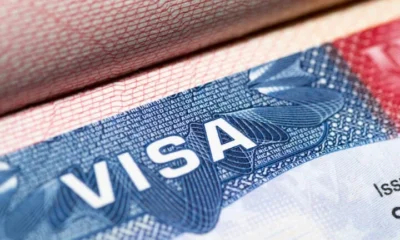
 BIG STORY1 day ago
BIG STORY1 day ago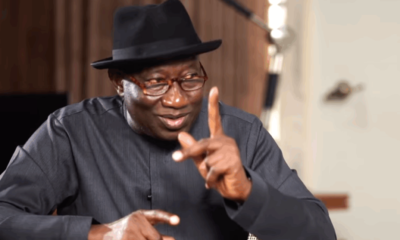
 BIG STORY4 days ago
BIG STORY4 days ago



















